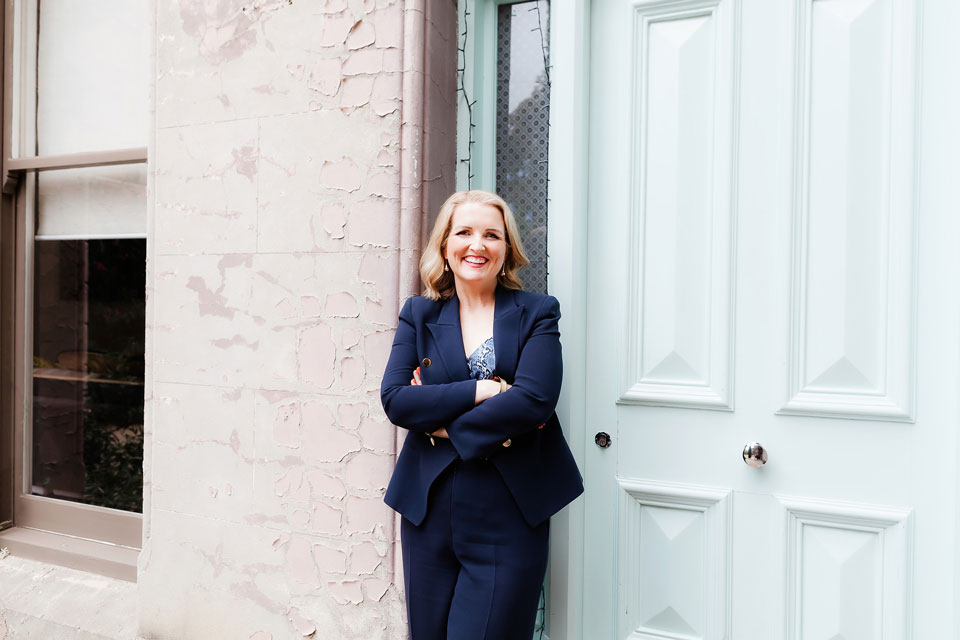Why Sustainable leadership is the Key to long-term success

Organisational success in an era of global challenges requires leaders to embrace a sustainable leadership approach, focusing on outcomes that balance current needs with long-term objectives. Striking this balance is challenging but imperative. A PWC report found that nearly 40% of global CEOS thought the organisation they led would not be viable in ten years if they continued along their current path.
Sustainable leaders recognise the challenges of the present while keeping a socially responsible eye on the future to ensure long-term sustainable progress. In that pursuit, they prioritise practices promoting resilience, ethics, continuous improvement, and operational tactics and approaches that actively consider economic, environmental and community needs across four levels: organisation, community, team and personal.
Organization
At the organisational level, the focus is on incorporating economic viability, environmental stewardship, stakeholder impacts, and social equity into decision-making processes. By taking this approach, leaders strive to have informed and open discussions where all sides of a position are tabled and debated. They dissect issues through multiple lenses and actively seek input from diverse stakeholder voices. They focus on making deliberate decisions that have sustainable outcomes and help set the organisation up to better withstand external shocks and pressures.
Community
Sustainable leaders take a long-term view and invest in building effective and trust-based partnerships with their external stakeholders. They recognise the criticality of building and sustaining a healthy, value-focused reputation. As a result, they focus on delivering consistent value, meeting expectations and upholding commitments. They ensure their deeds match their actions. One such way is to adopt the ‘Three-C Approach’ to relationship building. This approach involves leaders:
- Considering – what’s happening around them in the community and reflecting on what they are seeing and hearing, what this means for the organisation and what action they should take
- Challenging – their assumptions to ensure they are listening to different ideas and are open to dissenting views and outlier opinions
- Checking – their facts and interpretations of those facts as they check their bias, which may adversely impact relationships and thought processes.
Sustainable leaders know that listening is crucial to building sustainable and healthy relationships. Everyone wants to feel that they have been heard. When a person feels heard, they feel valued, and that can go a long way toward helping to secure a successful outcome on a tough issue.
Team
Sustainable leaders recognise they can’t achieve success alone. As part of this, they know they are only as good as the people they surround themselves with. They accept that while surrounding themselves with ‘yes’ people may make life easier in the short term, it doesn’t create long-term, sustainable business outcomes. They create a safe, accountable space where team members can challenge and share alternative views. They embrace diversity of thought and experience and consciously seek out differences of opinion. They accept that the person with the dissenting opinion or probing questions often generates a unique perspective and can see the missing piece of the puzzle. Consequently, they invest energy in building a team that excels not only in what it does but also in how it connects, engages, and works together.
Personal
Leadership roles are taxing – mentally and physically – and it often takes a crisis – getting fired, being made redundant, a significant illness or another life event – to force a leader to stop, reflect and recognise that there are other ways. Sustainable leaders actively work to avoid two critical leadership traps: being overly busy and neglecting self-care.
Socrates said, ‘Beware the barrenness of a busy life.’ Leaders who are caught up in being busy are always ‘on’. They often struggle with saying ‘no’, slowing down, and switching off. When the pressure gets too much, they can overreact because they are already close to burnout. If this is you, you will likely regularly sacrifice time with family and loved ones and your health for work. Work comes first, and you see being busy as part of your identity. This approach isn’t sustainable – eventually, your body will force you to stop.
Secondly, many leaders run their lives on adrenalin and need to devote more attention to caring for their mind, body and spirit. They forget that putting their self-care needs first is critical for sustainable leadership. If this is you, then you are likely to feel run-down, tired, and overworked. You say to yourself, ‘I’ll get on to this tomorrow,’ but tomorrow never comes. One day, you’ll wake up and find that exhaustion, adrenal fatigue, or some other health issue has stopped you in your tracks.
Adopting a sustainable leadership approach starts with reflection. You want to reflect on your behaviour and thought patterns to gain new insights and a deeper understanding of yourself and your impact on those around you, both within and outside the organisation.
Written by Michelle Gibbings.
Have you read?
Ranked: Countries with Highest (and Lowest) Rates of Infant Mortality, 2024.
Ranked: Countries That Waste the Most Food In The World, 2024.
Ranked: Countries with highest malaria death rates in the world, 2024.
Ranked: These are the countries with the highest (and lowest) death rate from malnutrition, 2024.
Revealed: 100 Best-Selling Mobile Phones of All Time.
Bring the best of the CEOWORLD magazine's global journalism to audiences in the United States and around the world. - Add CEOWORLD magazine to your Google News feed.
Follow CEOWORLD magazine headlines on: Google News, LinkedIn, Twitter, and Facebook.
Copyright 2025 The CEOWORLD magazine. All rights reserved. This material (and any extract from it) must not be copied, redistributed or placed on any website, without CEOWORLD magazine' prior written consent. For media queries, please contact: info@ceoworld.biz








